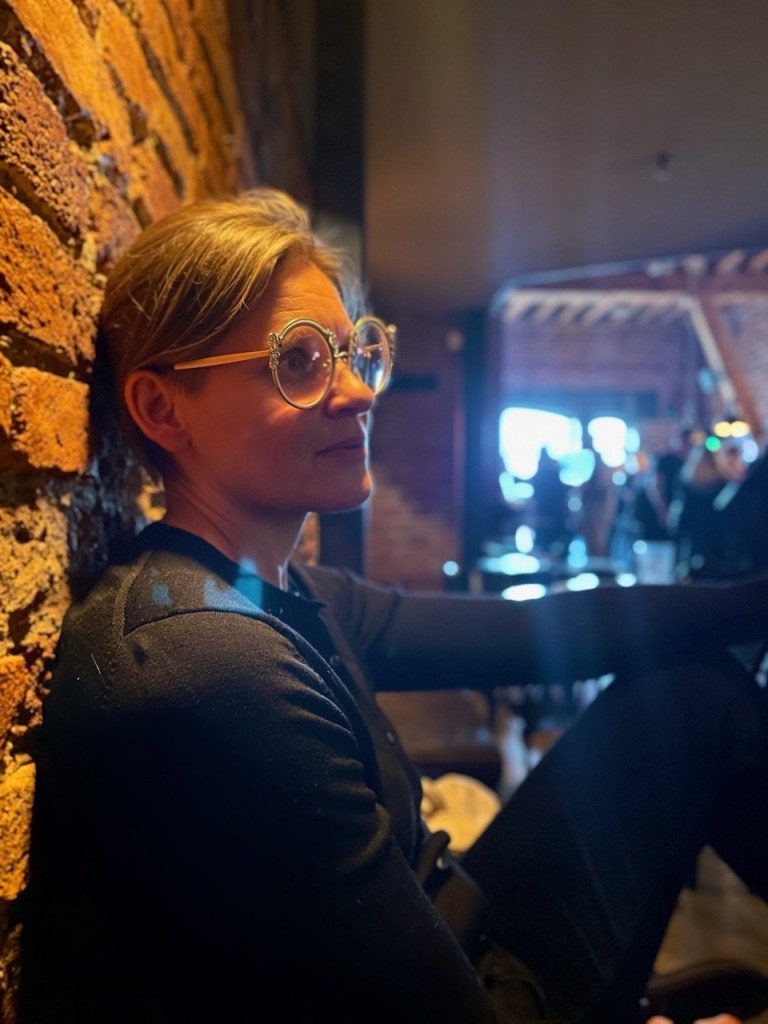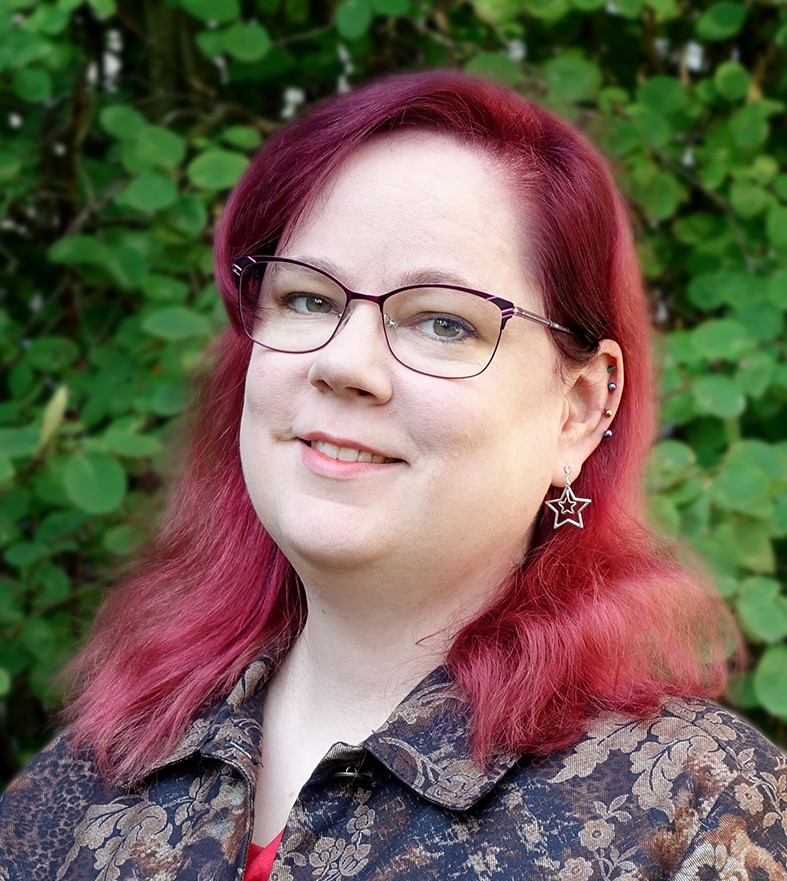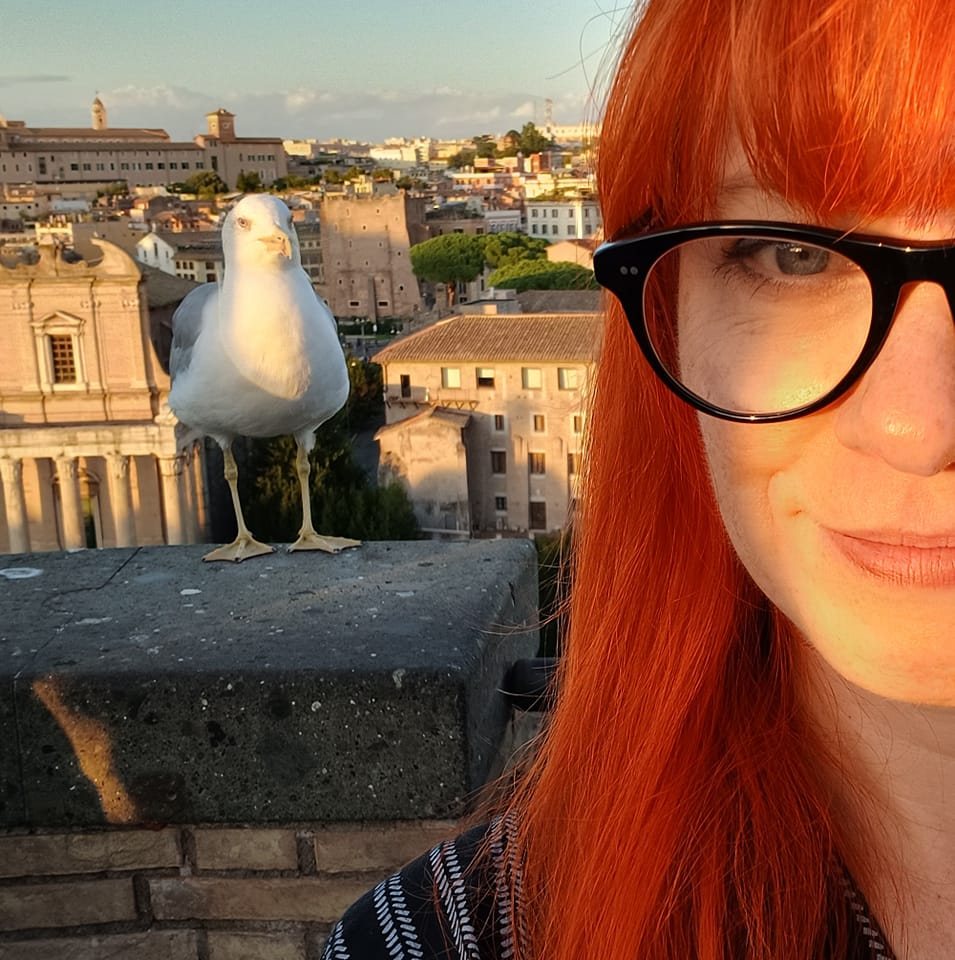The spring seminars always have a few invited commentators who kick off the discussion after each presentation. This year we are happy to announce that we will have three commentators!

Dr Matt Coward-Gibbs is a Senior Lecturer in Social Sciences at York St John University (UK), whose work centres on ethnographic approaches that combine game and ritual studies to examine how play structures social interaction, meaning-making, and collective experience. His research is particularly concerned with games and play as situated practice, considering how materiality, rules, and experiences shape relationships among individuals, groups, and the wider social world. Matt is the Technical Director of investigate.games and the co-director of the York Board Games Convention and Demons Wake (a social deduction games convention). Annually, Matt works with colleagues to produce events for both tabletop and digital play, including the annual Games Lab (as part of the Aesthetica Short Film Festival) and the Yorkshire Games Festival Showcase (organised by the National Science and Media Museum).

Taina Myöhänen has over fifteen years of experience in the Finnish game industry, working in management roles and contributing to community development. Myöhänen is a founding member and the first chair of We in Games Finland, the national organisation advocating for diversity and inclusion in the Finnish game sector, and part of the Task Force initiative established to prevent sexual harassment. In 2021, Myöhänen received the Power Player of the Year award for work on diversity, equity, and inclusion in the Finnish game industry. Over the past five years, Myöhänen has transitioned into research and is currently finalising her dissertation at Tampere University’s Game Research Lab on diversity and equity, with an emphasise on how communities and events shape everyday industry cultures. Myöhänen is an experienced speaker across both in public and academic settings.

Essi Taino is a doctoral researcher at Tampere University Game Research Lab studying neurodiversity in organized game activities and the social sustainability of game culture. She is currently working for Tampere University’s project ENDGAME and is the current chairperson of The Finnish Game Educators Network’s steering group. Her background is in youth work and social work, where she has pushed for the innovative use of games and game literacy among diverse people throughout her career. Essi has over a decade of professional experience founding and organizing game events, activities, and communities. From large and small LAN parties to board game and esports groups, she has extensive experience from varied roles both offline and online.
The program of the seminar is also now published. You can find the it here.



